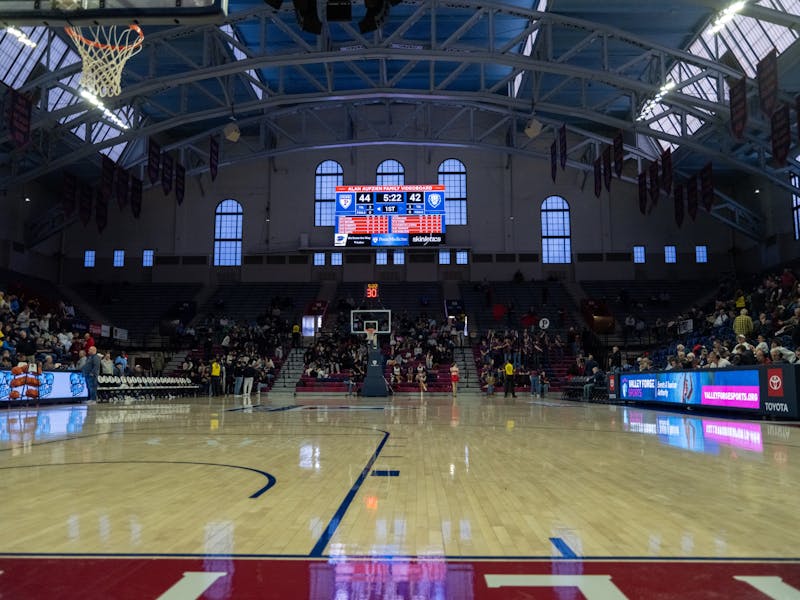The debate finally here over allowing casinos in Philadelpia is long overdue, and now it may be too late for residents' voices to be heard.
The State Assembly quietly passed Act 71 over the July 4 weekend in 2004 with no input from Pennsylvanians. The act authorized 14 slot-machine sites in the state, including two in Philadelphia.
It was not long until developers began applying to build the casinos in Philadelphia. By the end of the following year, the city received bids from Foxwoods, Pinnacle, Riverwalk, TrumpStreet and SugarHouse.
Fast-forward to April of this year. The Gaming Control Board hosted the first public hearings on five potential casino sites. The public debate began contentiously with strong words from Sharon Jaffee, the President of the East Falls Community Council, a section of Philadelphia where a casino could be constructed.
Jaffe cited the likelihood of increased traffic congestion in the area and the drop of property values around the casinos and refuted developer Donald Trump's comments that the residents of East Falls "loved" the idea.
The public hearings opened a floodgate of resistance -- local groups aimed at resisting gambling in Philadelphia sprouted in every neighborhood where a casino was planned.
But this resistance is coming at the wrong time. Philadelphians were not given the chance to publicly oppose the casinos in the first place -- they were only asked by the state which casinos they would accept.
This lack of inquiry from state lawmakers suggests that the Pennsylvania General Assembly suspected that their decision to build slot houses in the state would be unpopular, regardless of Act 71's intention to bring an additional $3 billion in revenue to the state every year.
That money, lawmakers say, will help relieve property taxes throughout Pennsylvania.
But Philadelphians were never offered the opportunity to say whether they felt a potential reduction of those taxes was worth possible negative consequences of gambling sites in their backyards.
Some residents say the introduction of gambling houses into Philadelphia could hurt the city's recent attempts to improve its image nationwide. They fear that it will more closely resemble its neighbor to the east: Atlantic City, which has become the East Coast's answer to Las Vegas.
The two proposed casinos could draw up to 9 million visitors to the city every year, local group Neighbors Allied for the Best Riverfront say, putting an additional 40,000 cars on the streets daily.
Declining property values, as well as increases in crime and drunk driving, are realistic consequences of casinos that directly impact locals and are issues that state officials could have brought to those residents before passing Act 71 and certainly before accepting bids from developers.
Any slot-machine houses built in Philadelphia would not even be controlled by the city. The state has direct control over the size, location, developer, safety considerations or management of the casinos.
The Daily Pennsylvanian is an independent, student-run newspaper. Please consider making a donation to support the coverage that shapes the University. Your generosity ensures a future of strong journalism at Penn.
DonatePlease note All comments are eligible for publication in The Daily Pennsylvanian.








